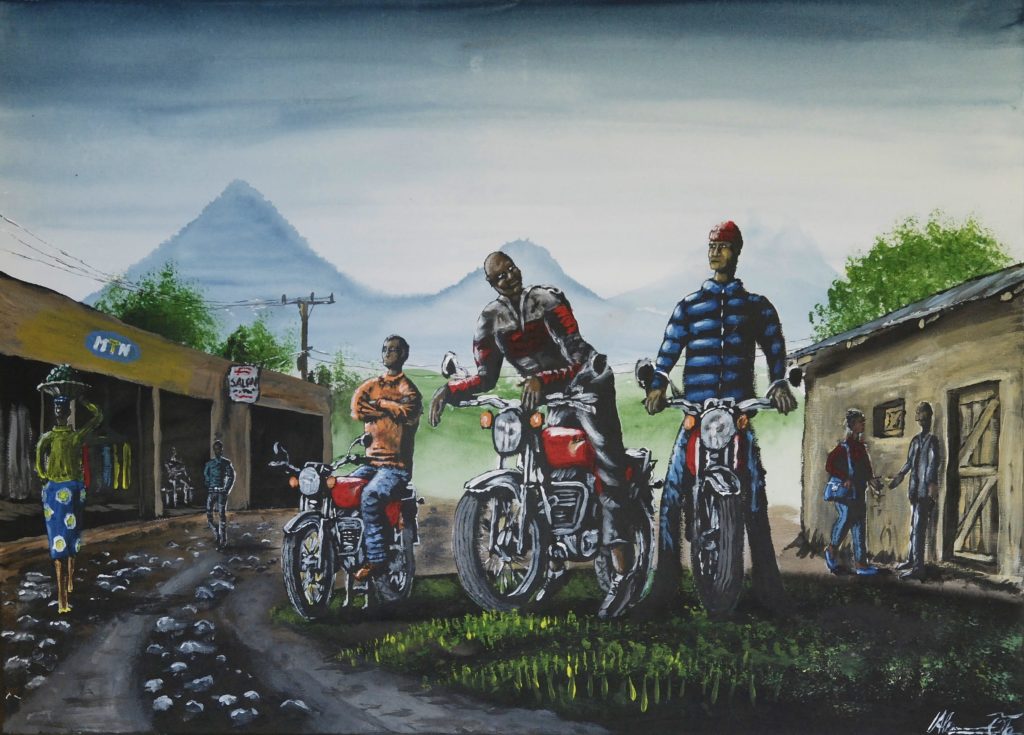
Alexander Öbom graduated from our international master program in cultural anthropology. His acrylic paintings presented here, inspired by local artistry, offers a unique way of representing and describing the field. His thesis is available online here
Blog editors comment
Motorcycle-taxi drivers in the district of Kisoro, in southwestern Uganda, talk about “development” which takes place in their society, but which they do not perceive as their development. Rather, it is a development carried out by others, mainly for others, while these drivers and many other locals feel that they only get the leftovers from it all.
A small network of asphalt roads has been constructed in the district since 2007, and the place has become a tourist destination for a growing number of foreign visitors who travel to the area´s national parks to catch a glimpse of gorillas. Simultaneously, new service jobs, in hotels, shops and on motorcycles, have popped up.
During my fieldwork in the area, in 2017, many motorcycle drivers described how the new roads were constructed by foreigners, local businessmen or unspecified others. These roads were also sparsely trafficked, and mostly by trucks transporting goods and by tourists, rather than by locals. Evictions of local people from national parks and establishment of new hotels had benefited foreigners, while being largely disadvantageous to locals like these drivers themselves.
Motorcycles were imported from India on the new roads. The so-called ‘Boda Boda’ motorcycle-taxi system was often portrayed as one of all these leftovers – a poor job and a poor taxi service which had recently been established in the area instead of better jobs and transport alternatives, which were only available for people with lots of money. The purpose of my painted acrylic pictures is to illustrate these experiences visually without disclosing identities. These illustrations have given me the posibility of adding and combining issues from a large number of photos and also working with feelings that is rarely contained in a photo.
People in Kisoro had dreams and clear ideas about what they wanted, not seldom derived from information and inspiration reaching them through screens – on smartphones and TV:s – screens which made an external world which seemed to prosper very visible. But even if inspiration flowed into the area, opportunities did not follow. A real development should provide industrial jobs, replace subsistence farming, and eradicate poverty, in many Boda Boda drivers opinions, but this development had mostly brought economic inequality, and the relatively few and not very well paid informal jobs which it had provided for ordinary people, meant many households nonetheless depended on subsistence farming, as a complement to these jobs, with an ever-growing competition for the land, as a result. And most roads which locals used extensively, walking, or riding on a Boda Boda, between their farms and their jobs, were left unpaved and in poor condition. It all resembled scholarly descriptions of how various so-called developments in the global South have become very uneven in the era of economic neoliberalism (see, for example, Leys 2005:111-116).
Some people had worked as Boda Boda operators for about a decade, but when they started, they used bicycle-taxis, and motorcycles were rare. A few of them said the recent shift to motorcycles had had a negative effect on their personal economy, as motorcycles are more expensive to buy and to run. Their price implied that many operators instead had to rent their vehicles, and pay substantial weekly fees to the motorcycle owners. Although many saw the shift to motorcycles as a step toward modernity, and although most customers who I talked to portrayed it as a positive change, many drivers framed it as a bad one. Yet still as customers prefered motorcycles, drivers felt they had no choice but to use them. It has been contended that “the Boda Boda transportation system allows rural and remote populations to connect with a broader social and economic network” (Gamberini 2014), but many people in Kisoro district felt that these vehicles, as a result of economic restraints, had not provided them with much new mobility. Glorification of bicycle times was only one of many responses and examples of nostalgia which circulated. Other nostalgic stories were related to the recent shift from high quality mobile phones to low-quality budget phones, the district’s deteriorated fishing industry and the liquidation of the country’s public transport systems in favour of informal transportation. This resonates with anthropologist James Ferguson’s use of the term abjection, which refers to people feeling that they have lost something valuable in society which they had in the past (Ferguson 1999:237-238), and it resembles nostalgic feelings found in other African settings (Trovalla & Trovalla 2015).
It would be wrong to say that there existed only negative attitudes toward the transformations taking place – many people appreciated the recent changes – but ambivalence was common, and a feeling of being partially excluded from Kisoro’s development, partly included but in not so beneficial ways, were present among many. Unfortunately, this does not seem to be a very unique feature; as many scholars have pointed out, people in various places, not least in Africa, often feel somehow excluded from a modernity of others (Mains 2007, Utas 2003:151, 252). As Kisoro’s development seemed mostly focused on other people it was perceived as highly limited, but not only limited – in a sense that more of the same would be a solution – it was also perceived as a distorted form of development.
A lack of alternatives had brought many men to the motorcycle-taxi job, and as a result, drivers experienced evermore competition, which implied that they had to spend enormous amounts of time just waiting for customers, while simultaneously waiting for a development for them – which they hoped would come, eventually – rather than the development for somebody else, which they currently experienced.
Alexander Öbom has a background in journalism. He is currently a self-employed artist and a research assistant at the Swedish University of Agricultural Sciences (SLU). He has traveled extensively in Uganda and neighboring Rwanda during the last seven years.
Litterature
Ferguson, James 1999: Expectations of Modernity: Myths and Meanings of Urban Life on the Zambian Copperbelt. Berkeley: University of California Press
Gamberini, Gian Luca 2014. Boda Boda: The Impact of A Motorbike Taxi Service in Rural South Uganda. Helvedius Group of Columbia University.
Leys, Colin 2005 [1996]. The Rise and Fall of Development Theory. In Edelman, Marc & Haugerud, Angelique (eds.) 2005. The Anthropology of Development and Globalization: From Classical Political Economy to Contemporary Neoliberalism. Oxford: Blackwell.
Mains, Daniel 2007. Neoliberal Times: Progress, Boredom and Shame among Young Men in Urban Ethiopia. American Ethnologist 34:4, 659-673.
Trovalla, Eric & Trovalla, Ulrika 2015. Infrastructure as a divination tool: Whispers from the grids in a Nigerian city. City 19:2-3.
Utas, Mats 2003. Sweet Battlefields: Youth and the Liberian Civil War. Dissertations in Cultural Anthropology. Uppsala University.
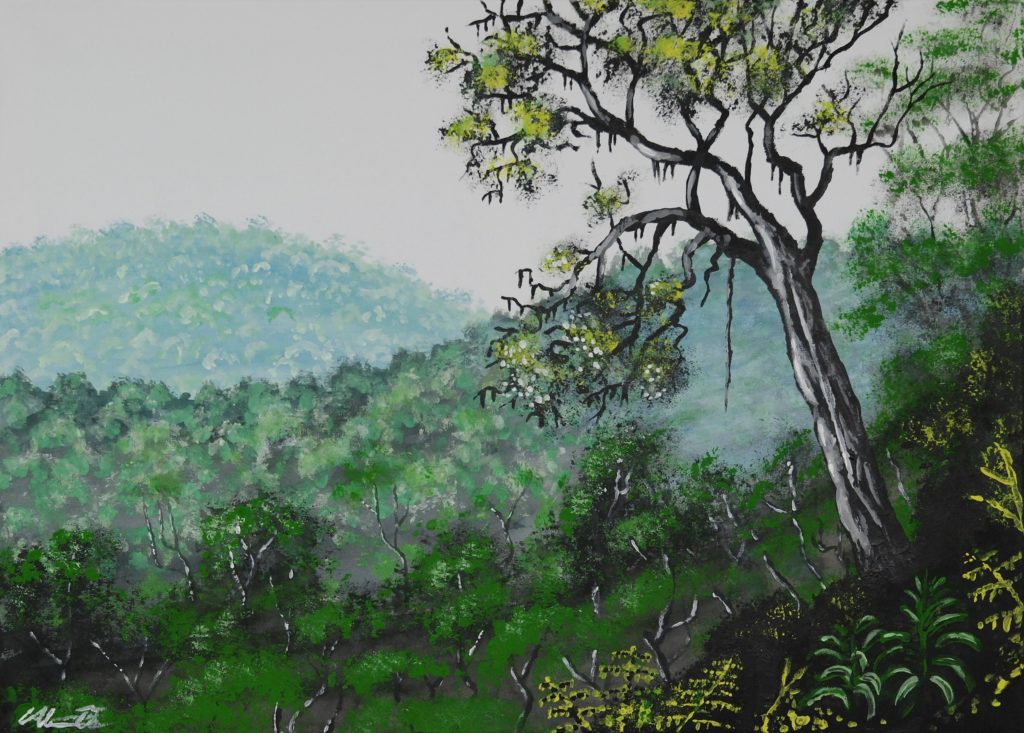
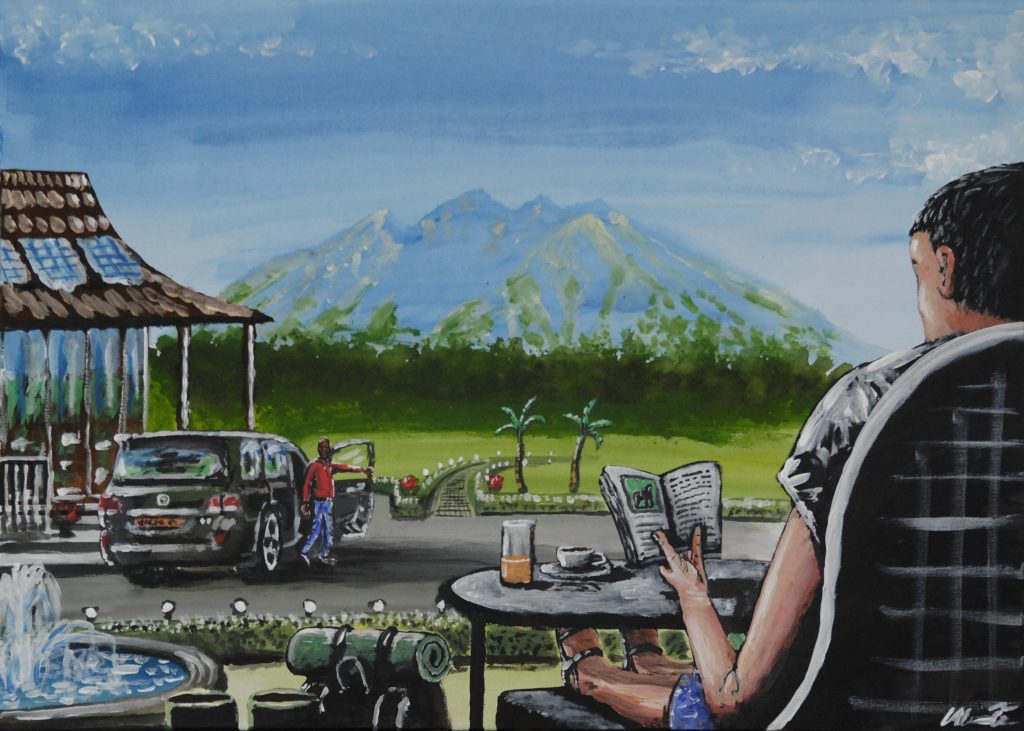
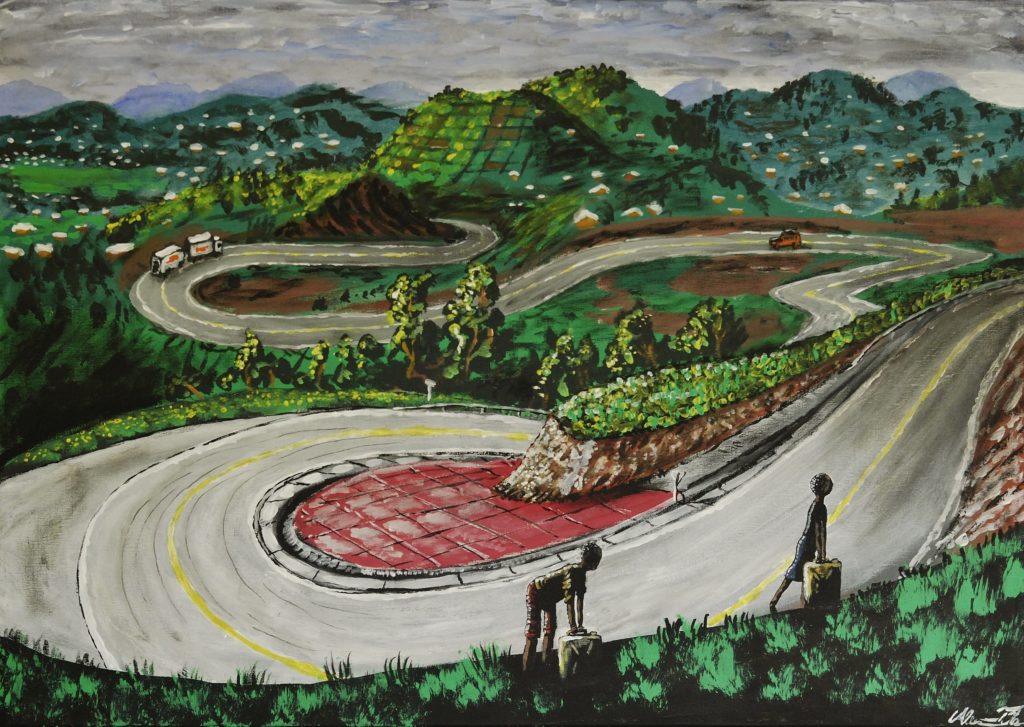
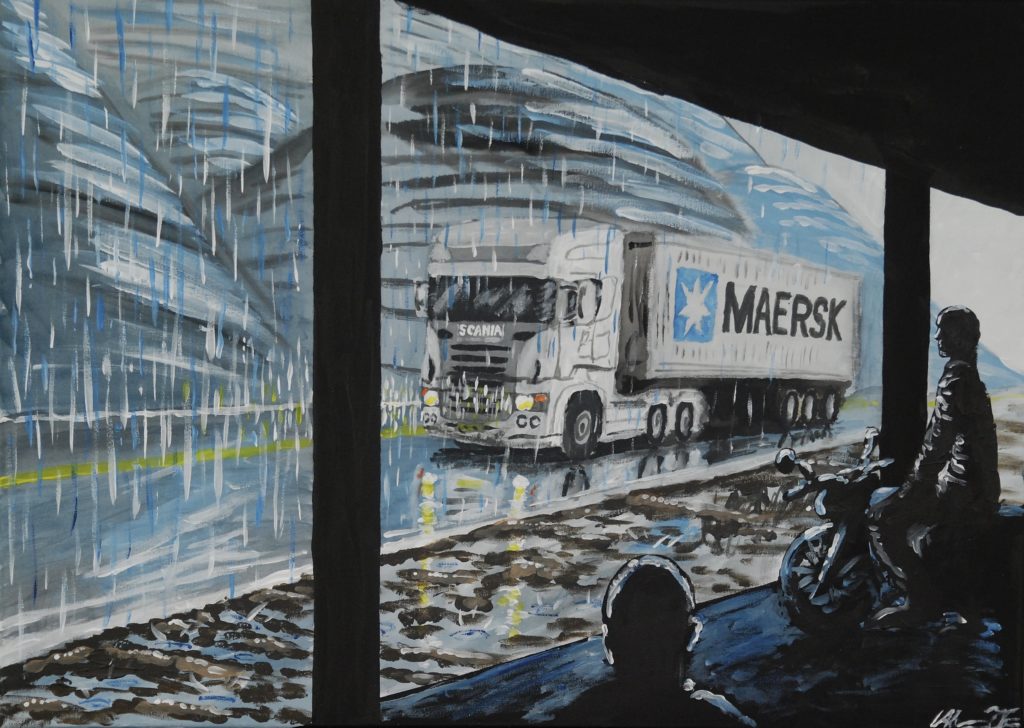
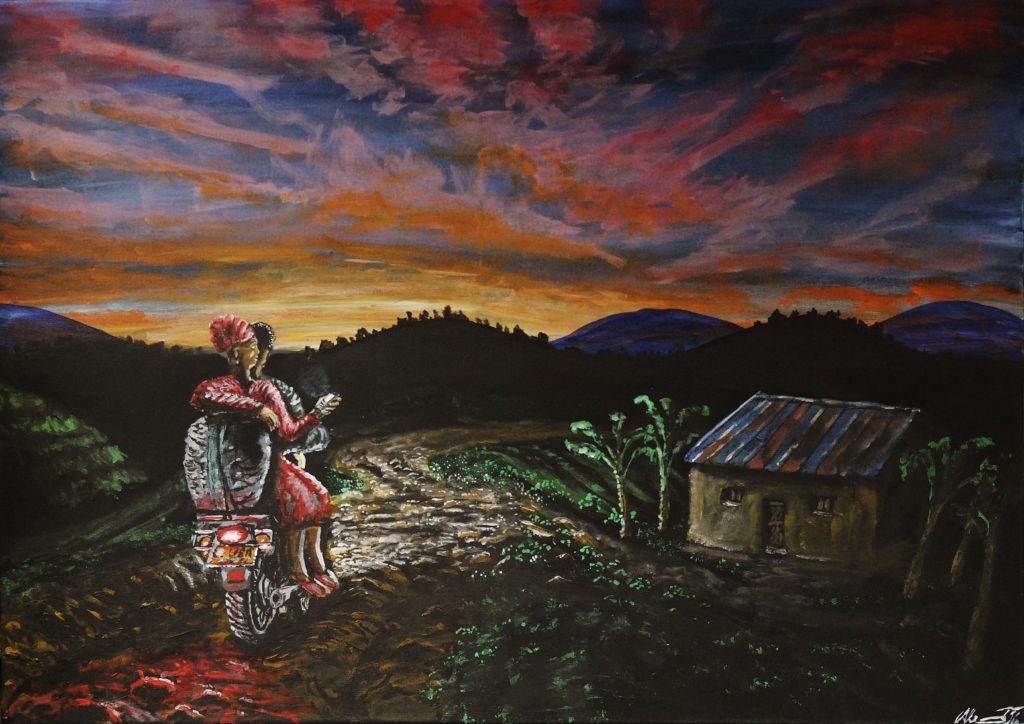
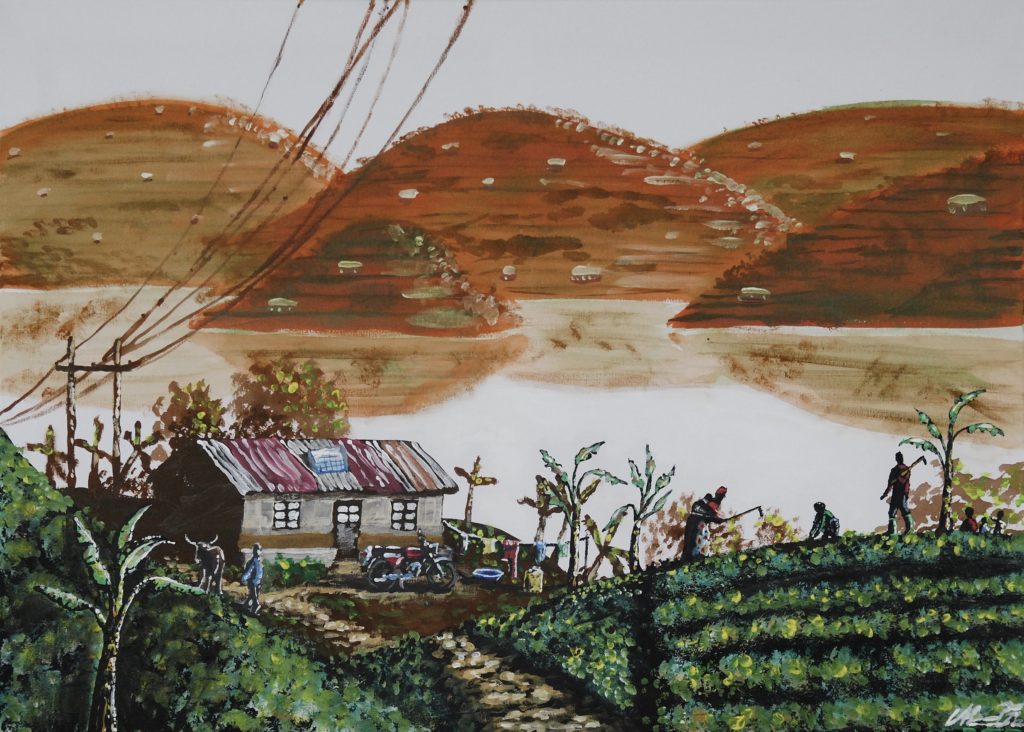
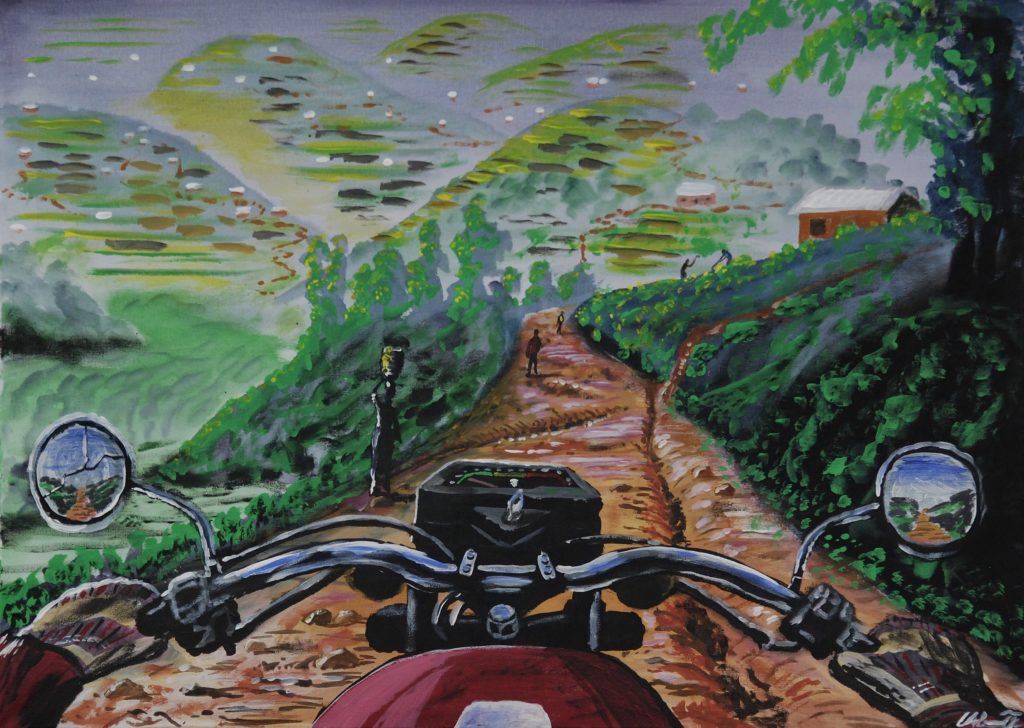
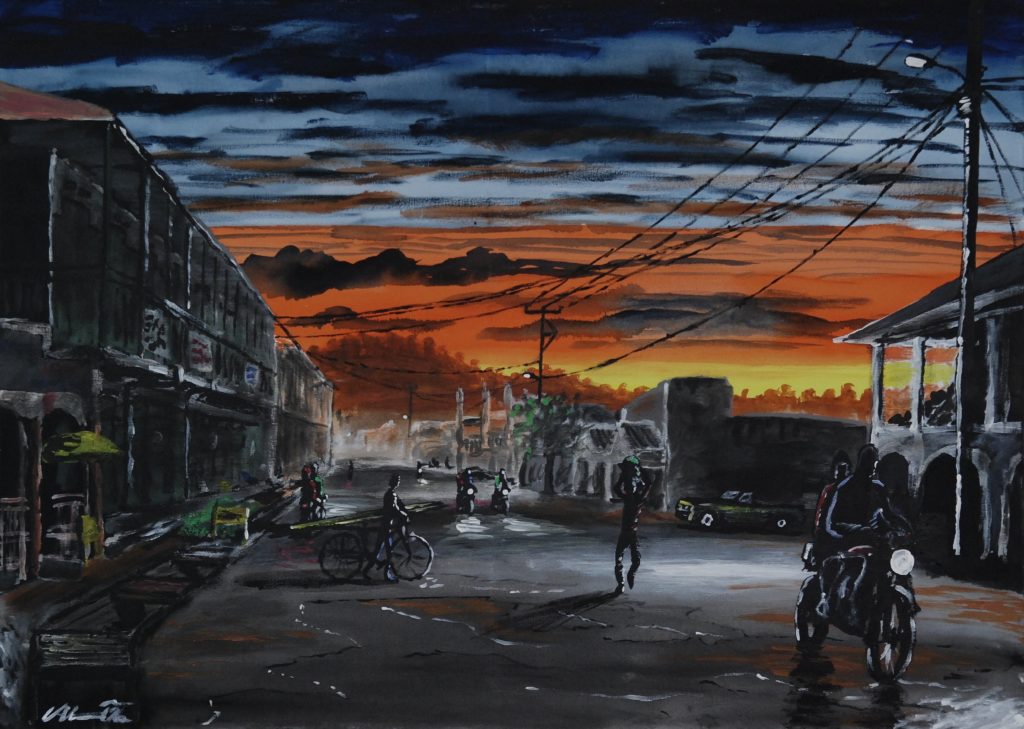
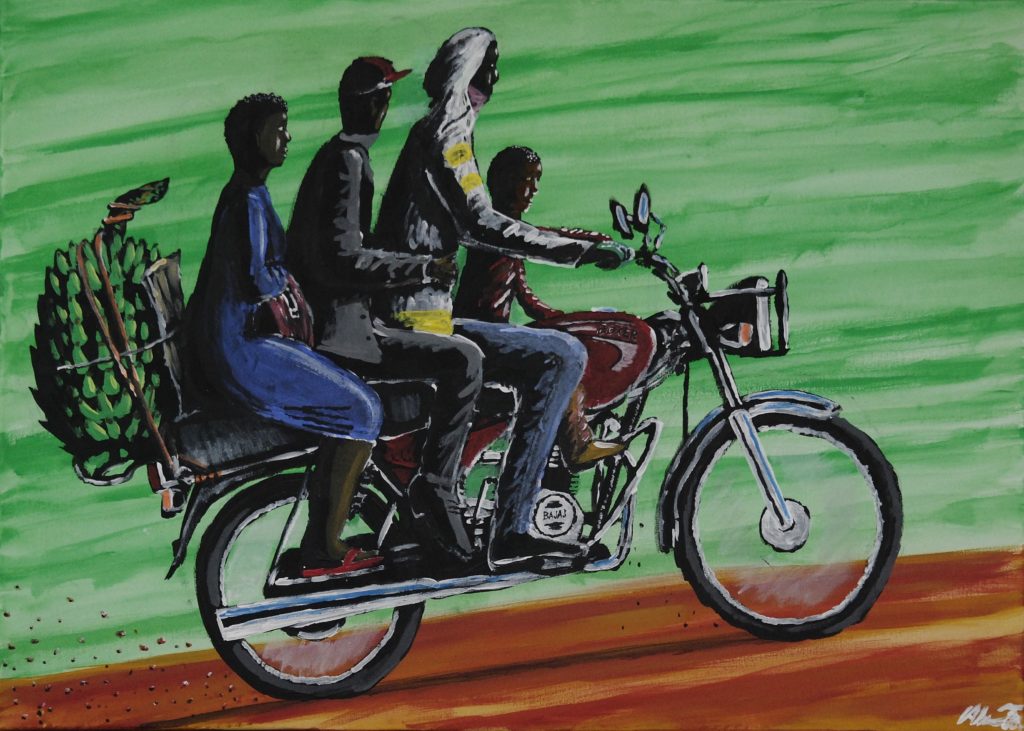
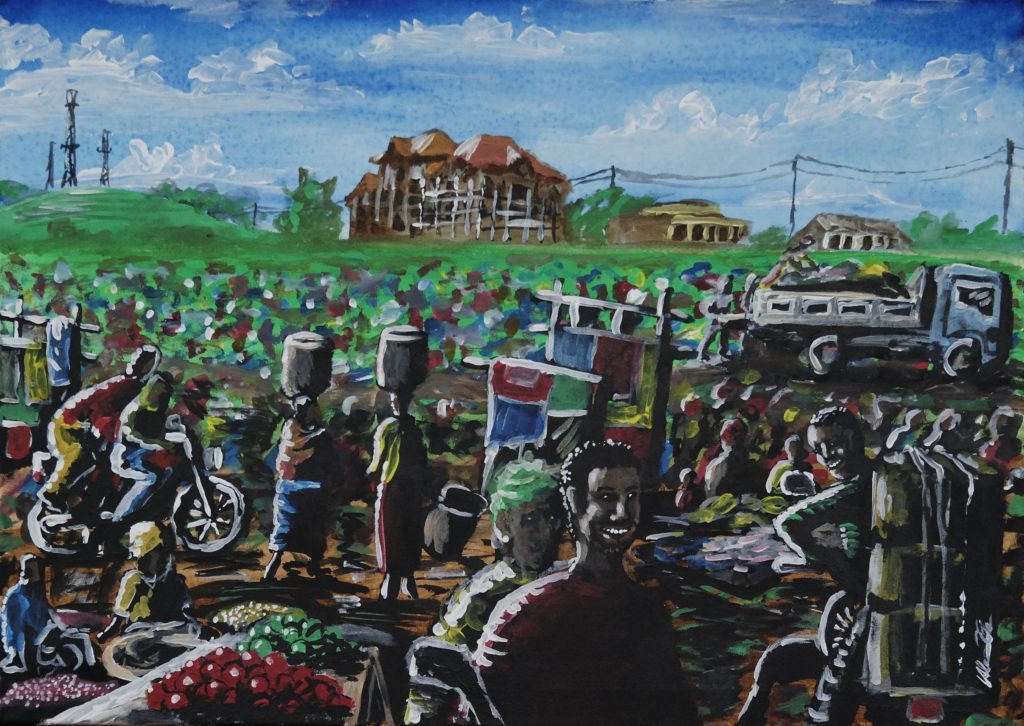
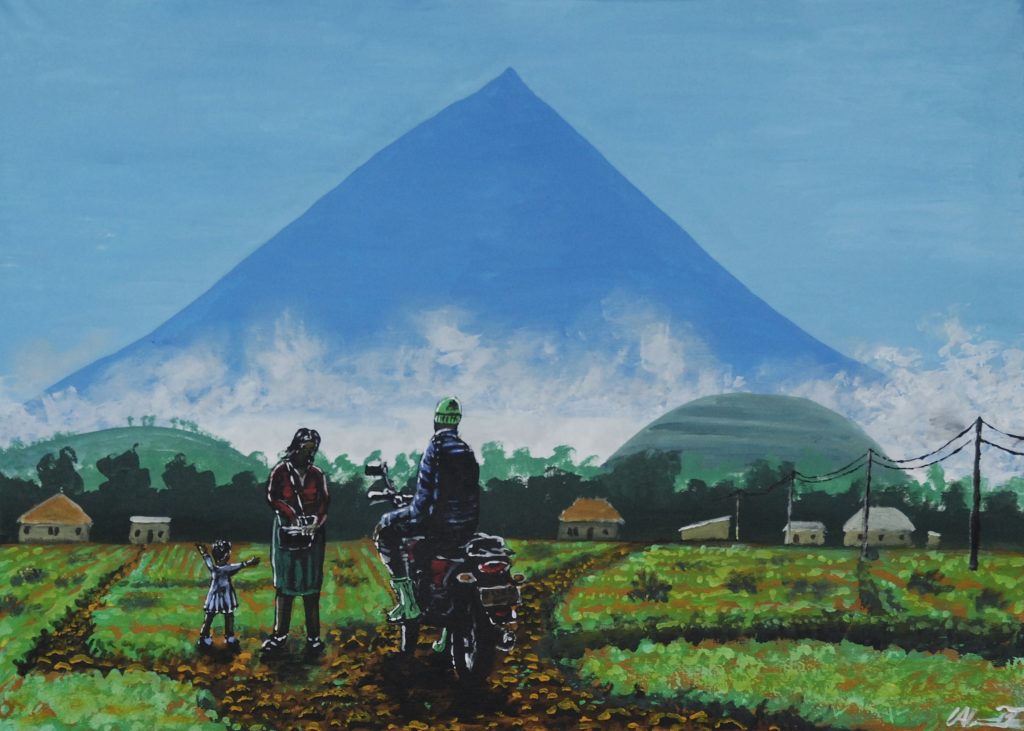
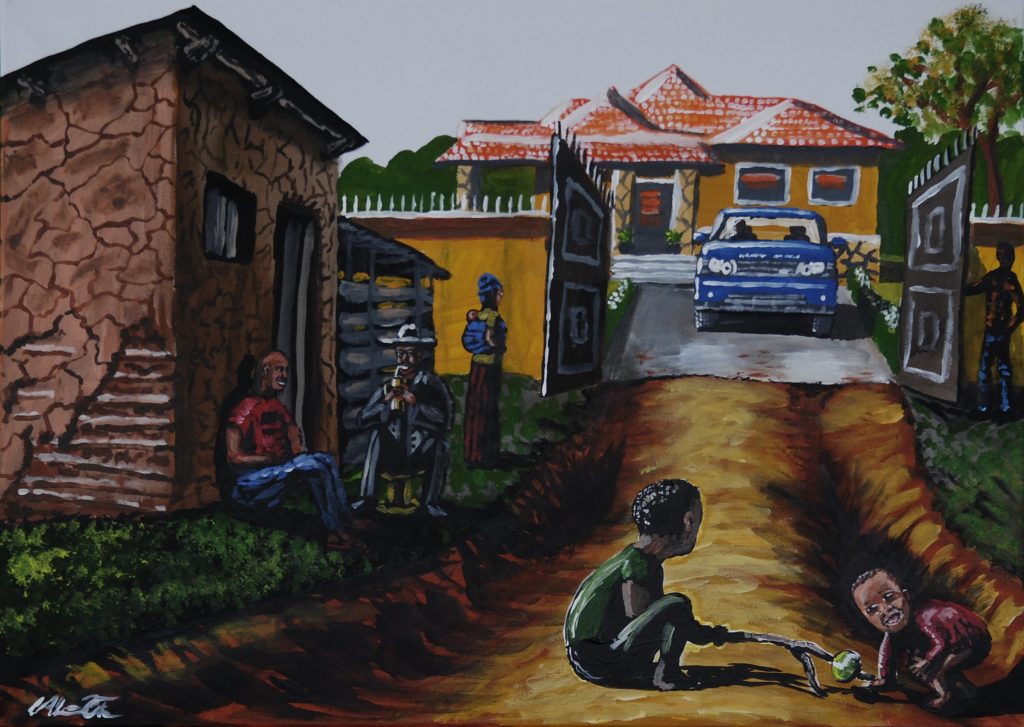
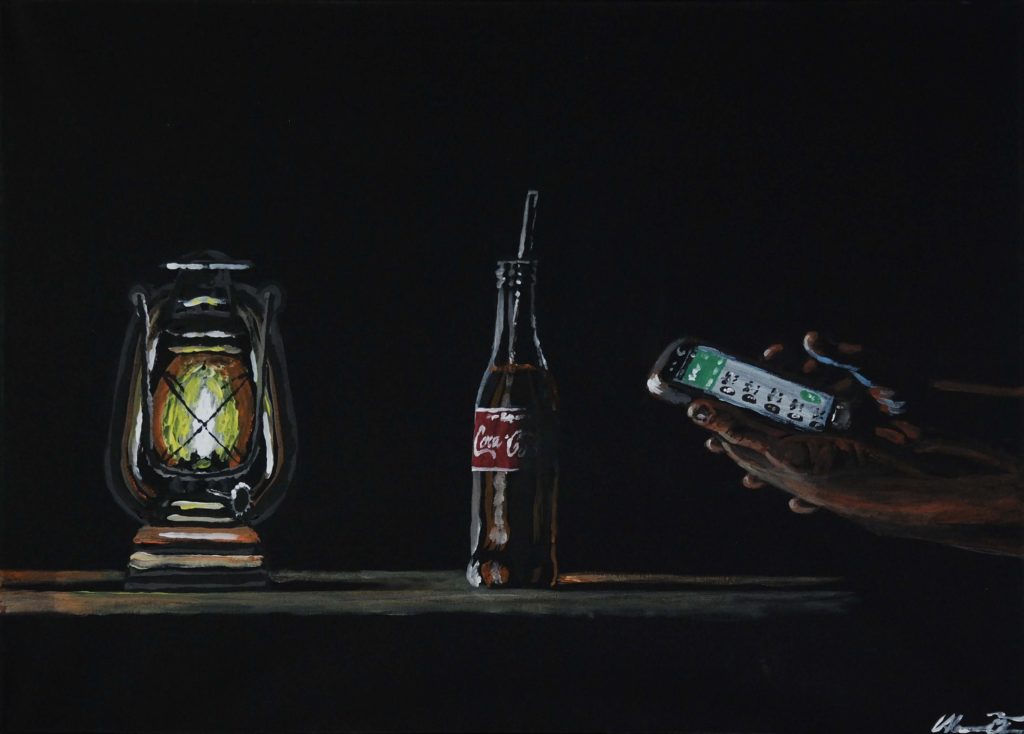
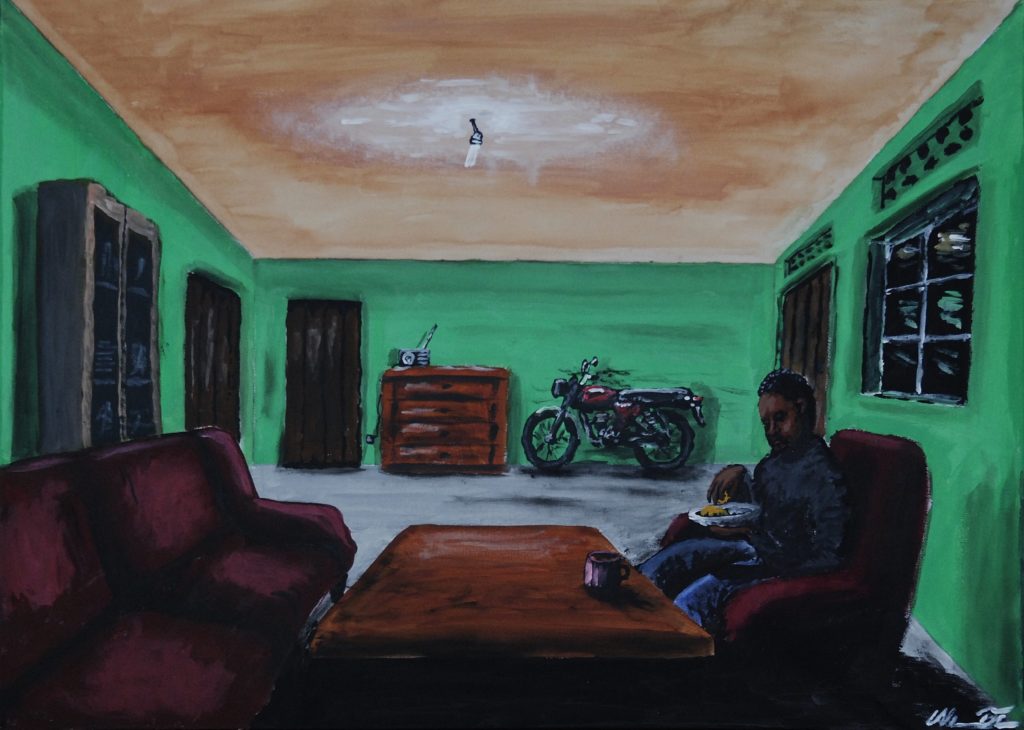
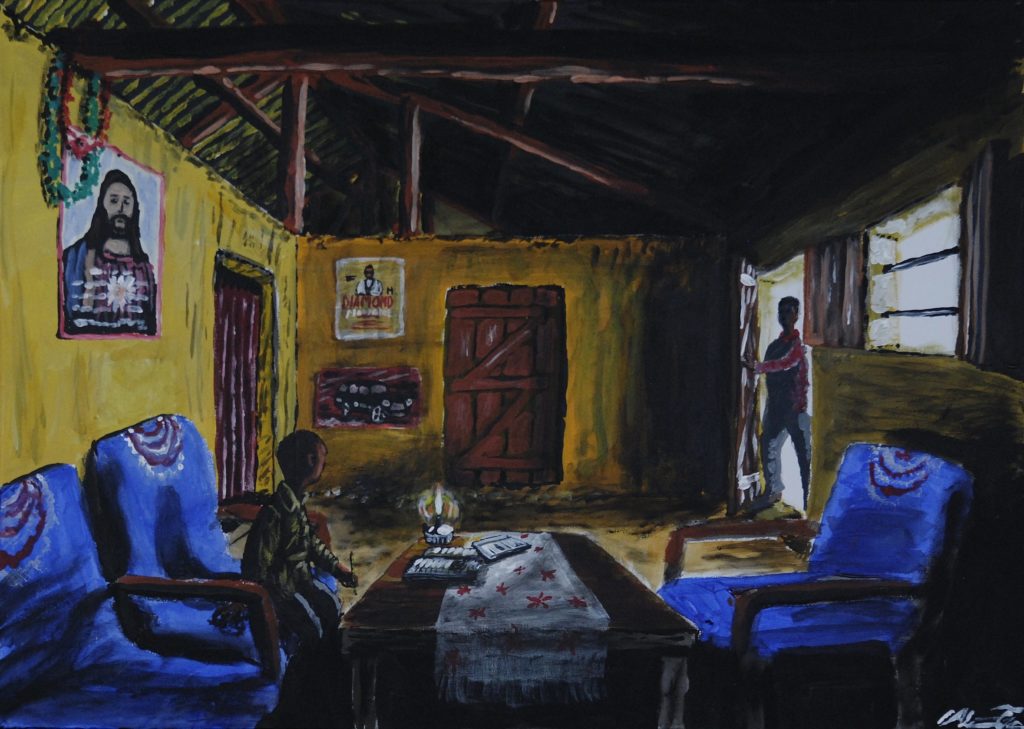
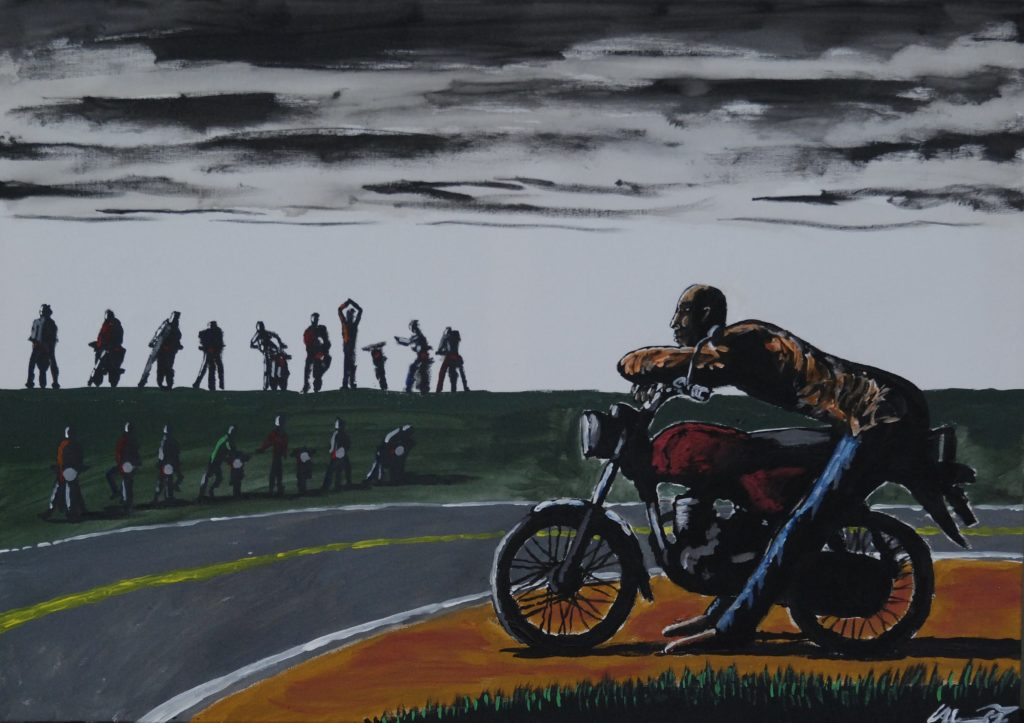
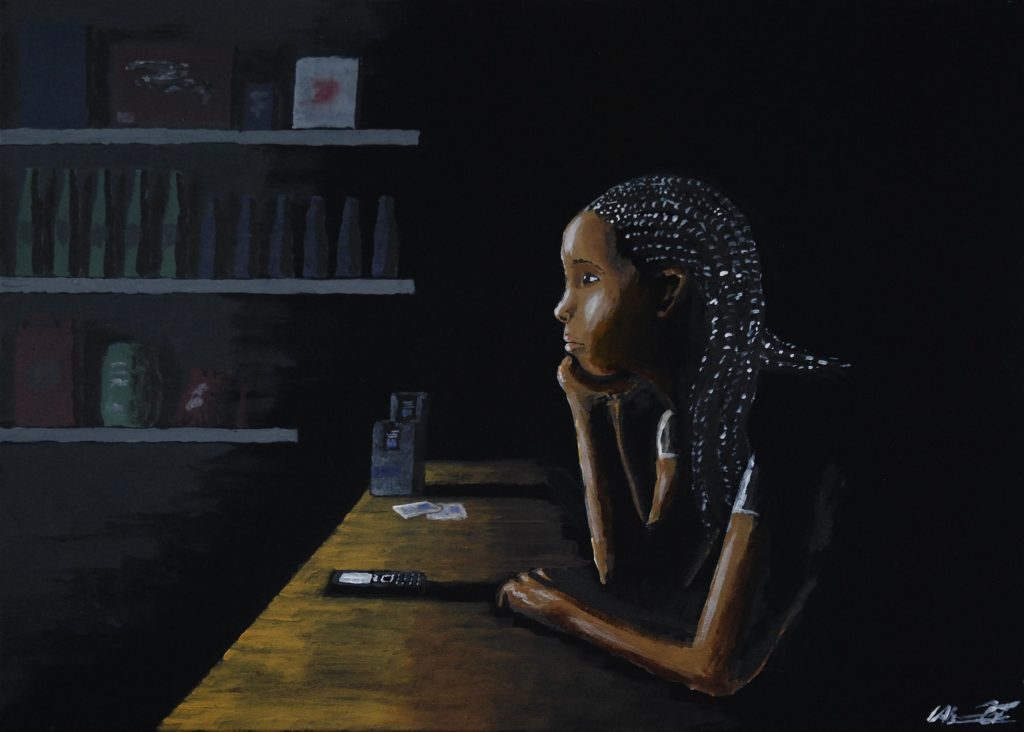
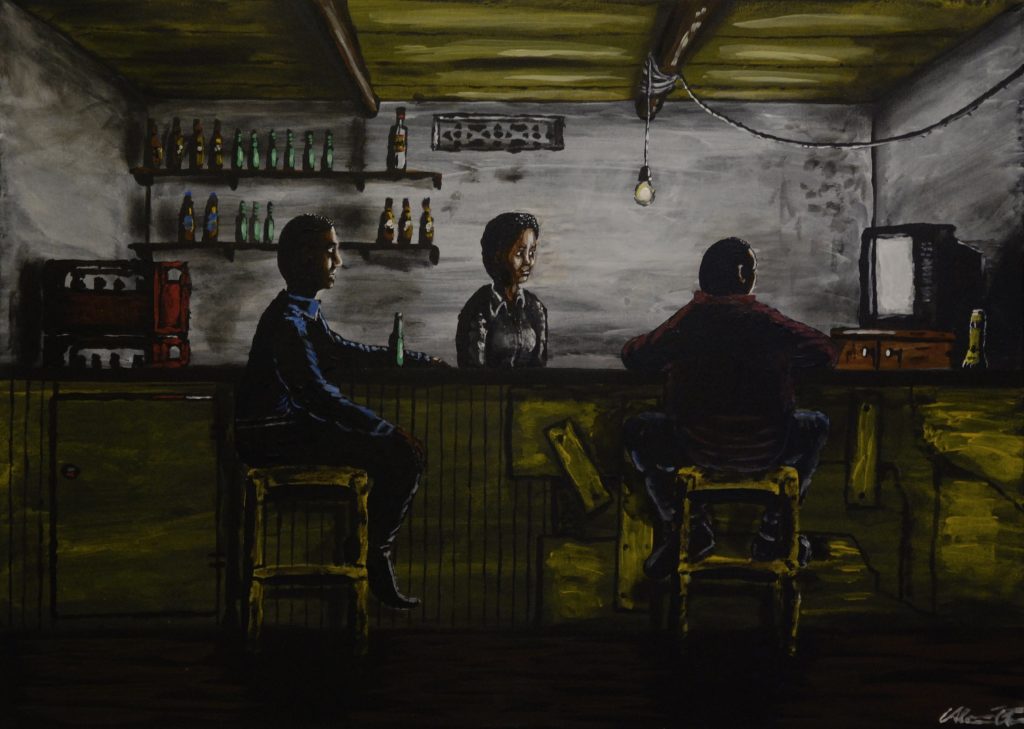
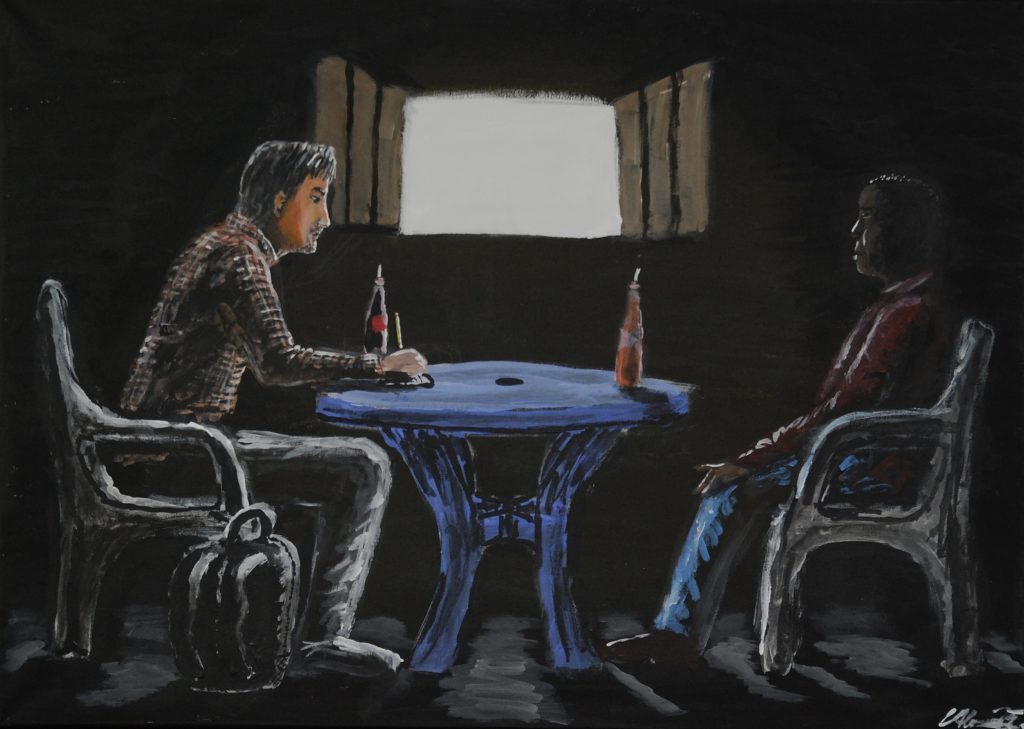
February 18, 2024 at 3:59 pm
Awaiting moderation
Где и как можно заказать диплом об образовании?
Активно развивающаяся и популярная компания «RuDiplomy» предлагает своим покупателям высококачественные дипломы о высшем образовании, за счет которых можно значительно изменить собственную жизнь и устроиться на высокодоходную работу. Эта компания применяет исключительно уникальные бланки ГОЗНАКа, в связи с чем, изготавливаемые дипломы проходят все проверки.
У покупателей имеется отличная возможность заказать диплом любого образца и поменять свою жизнь в лучшую сторону, повысив уровень благосостояния. Данная фирма сотрудничает со всеми образовательными учреждениями страны, изготавливая дипломы с вкладышем единого образца. Именно здесь работает дружный коллектив профессионалов, которые делают бланки со строгим соблюдением всех необходимых стандартов и требований. В том случае, если вам надо купить диплом ссср http://rossbiz.ru/home/401820 – это то, что Вы искали!
Услуги фирмы
Компания может предложить каждому желающему невероятный перечень дипломов о высшем образовании по самым разным профессиям на очень выгодных условиях. Среди огромного перечня профессий, которые пользуются высоким спросом при заказе документа, необходимо выделить следующие:
• Юрист.
• Экономист.
• Фельдшер.
• Строитель.
• Инженер.
• Капитан.
• Лингвист.
• Программист.
• Сантехник.
• Стоматолог.
• Массажист и многие другие.
Клиенты могут купить школьный аттестат, а также документ о средне специальном образовании, получив право на выбор ВУЗа и создав карьеру в интересующей организации.
Достоинства сотрудничества
Эта компания в течение многих лет занимается изготовлением дипломов о получении высшего образования по различным профессиям. Приобрести бланк можно самому на официальном сайте либо при помощи квалифицированного специалиста, который учтет все пожелания и поможет сделать выбор.
Диплом отправляется в каждый населенный пункт нашей страны и проверяется заказчиком на оригинальность перед выполнение оплаты, поэтому возможно не сомневаться в качестве предоставляемых документов. При обращении именно сюда, каждый кто хочет может заказать диплом о получении высшего образования по любой профессии!
February 18, 2024 at 4:22 pm
Awaiting moderation
Где и как можно заказать диплом об образовании?
Популярная и развивающаяся компания «RuDiplomy» предоставляет собственным клиентам высококачественные дипломы о получении высшего образования, за счет которых можно значительно поменять собственную жизнь и устроиться на высокодоходную работу. Данная компания применяет только лишь сертифицированные бланки ГОЗНАКа, в связи с чем, выпускаемые дипломы пройдут все проверки.
У клиентов есть уникальная возможность приобрети документ любого образца и изменить свою жизнь в лучшую сторону, повысив уровень благосостояния. Данная фирма активно сотрудничает со всеми образовательными учреждениями нашей страны, выпуская дипломы с вкладышем единого образца. Именно здесь трудится сплоченная команда специалистов, которые изготавливают дипломы с полным соблюдением всех необходимых государственных стандартов и требований. В том случае, если вам надо купить диплом ссср – то здесь вы обязательно найдете то, что нужно!
Какие услуги оказывает компания?
Компания предоставляет всем желающим широкий выбор дипломов о высшем образовании по самым разным специальностям на очень привлекательных условиях. Среди невероятного списка профессий, которые пользуются большим спросом при приобретении документа, стоит выделить следующие:
• Юрист.
• Экономист.
• Фельдшер.
• Строитель.
• Инженер.
• Капитан.
• Лингвист.
• Программист.
• Сантехник.
• Стоматолог.
• Массажист и прочие.
Клиенты могут купить школьный аттестат, а также документ о средне специальном образовании, получив право на выбор ВУЗа и сформировав карьеру в интересующей организации.
Преимущества обращения
Эта фирма в течение длительного времени специализируется на продаже дипломов о получении высшего образования по самым разным профессиям. Купить бланк возможно самостоятельно на сайте или же с помощью квалифицированного сотрудника, который примет во внимание любые желания и может помочь сделать выбор.
Документ доставляется во все города нашей страны и проверяется покупателем на оригинальность перед оплатой, поэтому возможно не переживать о качестве предоставляемых документов. При обращении сюда, любой кто хочет сможет приобрести диплом о получении высшего образования по любой профессии!